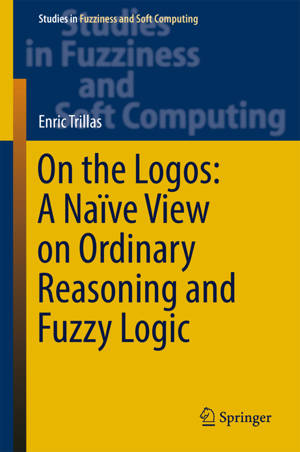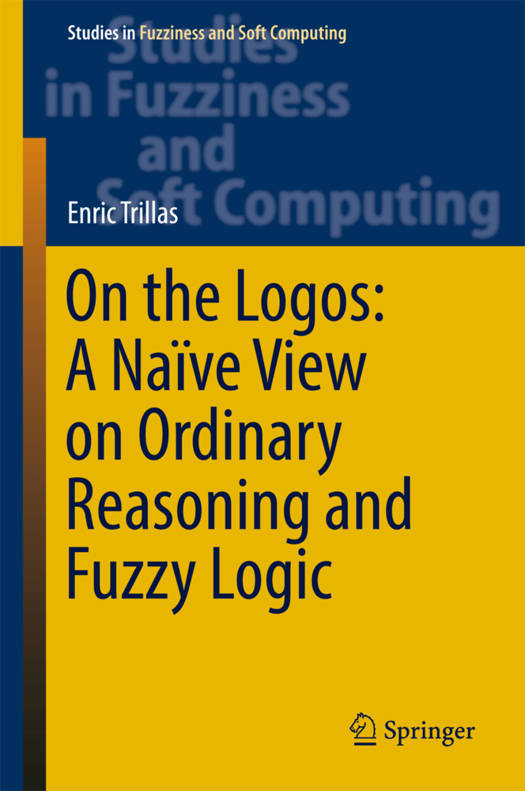
- Afhalen na 1 uur in een winkel met voorraad
- Gratis thuislevering in België vanaf € 30
- Ruim aanbod met 7 miljoen producten
- Afhalen na 1 uur in een winkel met voorraad
- Gratis thuislevering in België vanaf € 30
- Ruim aanbod met 7 miljoen producten
On the Logos: A Naïve View on Ordinary Reasoning and Fuzzy Logic
Enric TrillasOmschrijving
This book offers an inspiring and naïve view on language and reasoning. It presents a new approach to ordinary reasoning that follows the author's former work on fuzzy logic. Starting from a pragmatic scientific view on meaning as a quantity, and the common sense reasoning from a primitive notion of inference, which is shared by both laypeople and experts, the book shows how this can evolve, through the addition of more and more suppositions, into various formal and specialized modes of precise, imprecise, and approximate reasoning. The logos are intended here as a synonym for rationality, which is usually shown by the processes of questioning, guessing, telling, and computing.
Written in a discursive style and without too many technicalities, the book presents a number of reflections on the study of reasoning, together with a new perspective on fuzzy logic and Zadeh's "computing with words" grounded in both language and reasoning. It also highlights some mathematical developments supporting this view. Lastly, it addresses a series of questions aimed at fostering new discussions and future research into this topic. All in all, this book represents an inspiring read for professors and researchers in computer science, and fuzzy logic in particular, as well as for psychologists, linguists and philosophers.
Specificaties
Betrokkenen
- Auteur(s):
- Uitgeverij:
Inhoud
- Aantal bladzijden:
- 213
- Taal:
- Engels
- Reeks:
- Reeksnummer:
- nr. 354
Eigenschappen
- Productcode (EAN):
- 9783319560526
- Verschijningsdatum:
- 16/05/2017
- Uitvoering:
- Hardcover
- Formaat:
- Genaaid
- Afmetingen:
- 156 mm x 234 mm
- Gewicht:
- 498 g

Alleen bij Standaard Boekhandel
Beoordelingen
We publiceren alleen reviews die voldoen aan de voorwaarden voor reviews. Bekijk onze voorwaarden voor reviews.











